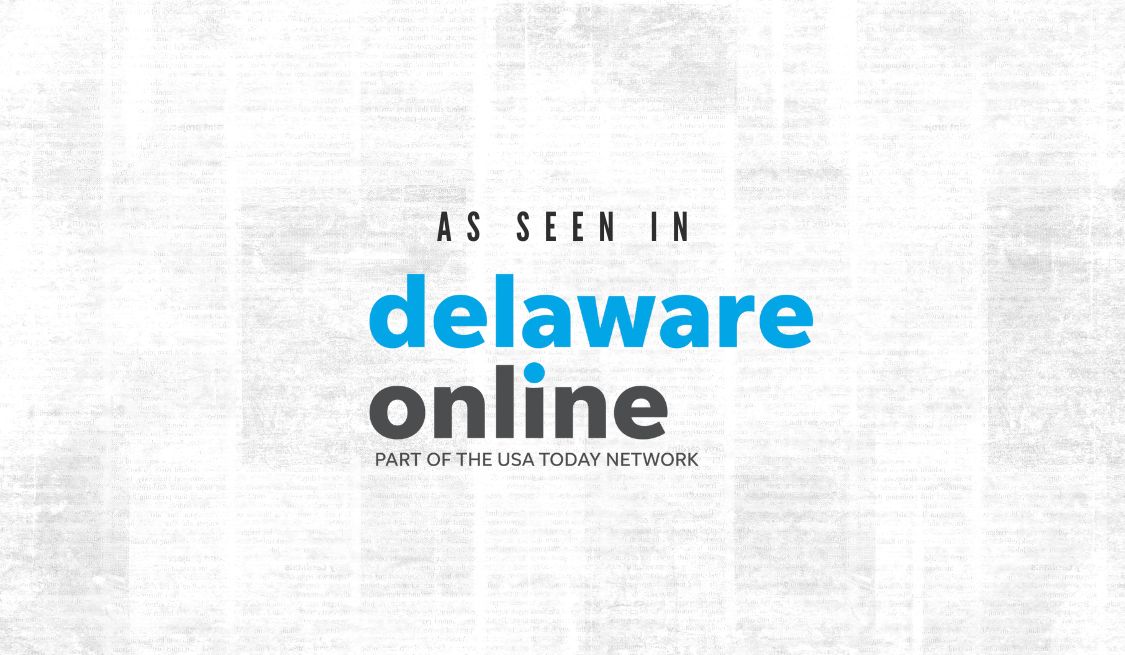Executive Summary
United Way of Delaware: Moving The Needle
The Challenge & Partnership
Based on state-administered third-grade English Language Art scores for elementary schools in the City of Wilmington, less than 18% of public school students tested are reading at or above a third-grade level by the time they enter the fourth grade. Research suggests that students unable to read on grade level by the fourth grade will struggle throughout the elementary years, are more likely to engage in risky behaviors, will often fail to graduate from high school and their health risk increases exponentially. .
To address this crisis, United Way of Delaware (UWDE) is collaborating with the State Department of Education, School Principal’s, the Christina, Red Clay and Brandywine School Districts, Parents as Teachers, Nemours the Wilmington Education Improvement Commission, and others to launch Moving The Needle, a term that describes our intended outcomes.
The Big Hairy Audacious Goal – (BHAG)
Moving The Needle is a multi-year two generational initiative designed to proactively engage parents and provide their children, (a cohort of approximately 500 children from the City of Wilmington’s most under-served communities) with year-round academic and social supports necessary for their children to be reading on grade level when they enter first grade. The cohort begins with 137 three year old children and adds approximately 125 children each year, over four years. Our expectation is that in three years the City of Wilmington third grade reading scores will move from 18% to 31%.
The HOW
Children in the cohort will receive a comprehensive, year-round, integrated suite of academic and social supports to ensure that a majority of them are reading at or above state standards by the time they enter first grade. Moving The Needle will provide the organizational structure to integrate Nemours’ proven Bright Start curriculum and methods, with out-of-school literacy enrichment programming, summer literacy programs, family engagement and incentive strategies, and a range of social and emotional supports that will be combined to provide a learning-rich environment for children in the cohort. One of these support activities will be the expansion of UWDE’s Reading Angels volunteer program, which (at present) connects more than 100 adult readers with children who need one-on-one focus to promote good reading habits. To ensure progress is being made schools will be required to do pre and post measurements. During the summer learning loss is an issue for our students, therefore children in the cohort will receive scholarships to attend summer camps where the curriculum promotes literacy, and once again pre-and-post testing. And because many households where these children live are not book-rich, Moving The Needle will engage families and/or other adults in literacy activities that children and adults can use at home.
Students in the first cohort of the Moving The Needle initiative will be enrolled in the Nemours Bright Start (NBS) program, and will work with educators trained to identify at-risk students and to deliver developmentally appropriate, evidence-based instruction. This NBS instruction often yields gains that allow students who are behind to “catch up” with peers who are reading at the expected level, and to do so without the experience and stigma of “failure.”
The NBS curriculum has a proven track record of success in other parts of the country. In Lancaster, VA, for example, schools using the NBS program have seen gains in third-grade reading scores that have helped move their schools toward accreditation. In New York City, educators saw very challenged special needs students begin to recognize the difference between letters and random scribbles; and most students began to identify at least some letters, and some even recognized their own names. Though modest, these gains are likely to lead to greater independent functioning for these children.
Moving The Needle is about more than NBS in school. During the summer months, the program will be focused on preventing and remediating the “summer learning loss” that can occur when children are not regularly attending school. Over the past two years, working with Teach for America (for curriculum development) and other community-based organizations with whom we have long relationships, we have developed proven strategies to improve and maintain reading scores over the summer months so that children in the cohort will not slip backwards, especially in comparison with their more affluent peers. The challenge is to ensure that these gains are sustained and that our cohort of students receive the academic and supports needed to leverage their gains
THE LONG TERM BOLD GOAL:
Today, the third-grade reading score for all public-school students in the State of Delaware is 51.8%; for low-income students, the score is 36.7%, and for students in Wilmington, the score drops to 17.9%. The target/challenge for Moving The Needle is that 51% of low-income students in the cohort are reading on grade level by third grade. To accomplish this goal, we will expand the cohort from 137 in year one to support approximately 980 (4 and 5-year-olds) in Wilmington by the fifth year. Based on a preliminary estimate, the average cost will be $2,300/student.




